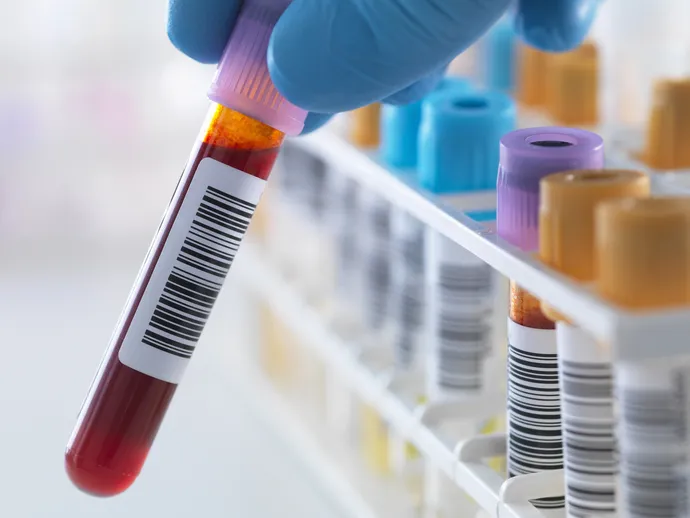Last updated on 16th Oct 2021 - By Dwayne Michaels
How Abnormal CHOLESTEROL affects heart?
When there is too much cholesterol in your blood, it builds up in the walls of your arteries, causing a process called atherosclerosis, a form of heart disease. Atherosclerosis makes it harder for blood to flow through, which can lead to a heart attack or a stroke.

Cholesterol is a waxy substance found in your blood. Your body needs some cholesterol to make hormones, vitamin D, and substances that help you digest foods.
Cholesterol circulates in the blood. If you have too much cholesterol in your blood, it can combine with other substances in the blood to form plaque.
Plaque sticks to the walls of your arteries. High cholesterol contributes to a higher risk of cardiovascular diseases, such as heart disease and stroke. That’s why it’s important to have your cholesterol tested, so you can know your levels.
Also Read : Symptoms of Abnormal cholesterol
LDL cholesterol is considered the bad” cholesterol, because it contributes to fatty buildups in arteries (atherosclerosis). HDL cholesterol can be thought of as the “good cholesterol because a healthy level may protect against heart attack and stroke.

In 2016, the United States Department of Agriculture Dietary Guidelines Advisory Committee (DGAC) recommended that Americans eat as little dietary cholesterol as possible, because most foods that are rich in cholesterol are also high in saturated fat and thereby may increase the risk of cardiovascular disease.
Previously, the Dietary Guidelines for Americans recommended that dietary cholesterol be no more than 300 mg per day. The DGAC dropped this recommendation because evidence showed no appreciable relationship between dietary and serum cholesterol, consistent with the 2013 report by the American Heart Association and the American College of Cardiology.
Although there is a link between cholesterol and atherosclerosis, a 2014 review concluded there is insufficient evidence to support the recommendation of high consumption of polyunsaturated fatty acids and low consumption of total saturated fats for cardiovascular health.
Also Read : What can cause inaccurate blood test results?
A blood sample after 12-hour fasting is taken by a doctor, or a home cholesterol-monitoring device is used to measure a lipid profile.
Did you know? Not getting enough sleep is linked to Heart attack, Depression, High Blood Pressure, Obesity and Diabetes.

The lipid profile measures: (a) total cholesterol, (b) cholesterol associated with HDL (i.e. Higher Density {than water} Lipids-transported-within-proteins) particles ("which can regress arterial disease"), (c) triglycerides and (d) (by a calculation and assumptions) cholesterol carried by LDL (i.e. Lower Density {than water} Lipids-transported-within-proteins) particles ("which drive arterial disease").
The American Heart Association recommends testing cholesterol every 46 years for people aged 20 years or older.
A separate set of American Heart Association guidelines issued in 2013 indicates that patients taking statin medications should have their cholesterol tested 4–12 weeks after their first dose and then every 312 months thereafter.

Does drinking water before blood test affect results?
Certain blood tests require fasting beforehand. Fasting before certain blood tests is important to help make sure that your test results are accurate. Read on to learn more about the effects of water on blood test results.
Know more
What can cause inaccurate blood test results?
Several factors can affect blood test results. Read on to know the top reasons which can lead to inaccurate blood test results.
Read more
Painful health problems of famous celebrities
Read on to know chronic illnesses of top celebrities
Know more